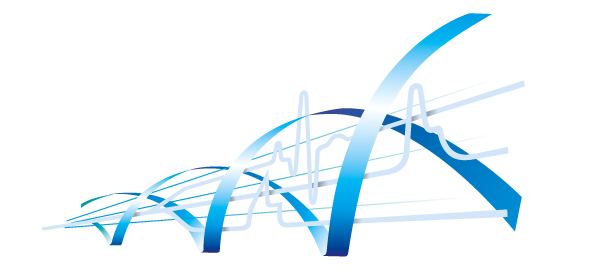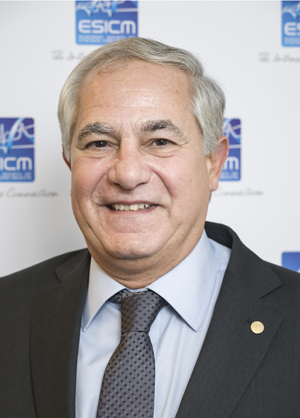The President’s Voice: 1 December 2020

|
|
Thank you for these last 2 years! |
DEAR COLLEAGUES,
As I prepare to hand over the responsibilities of the President of this wonderful Society to my friend and associate, Maurizio Cecconi, I would like to take this opportunity to address you one last time, not just as members ESICM, but also as colleagues and friends. This year has presented the most challenging and unprecedented of times for all those working in intensive care units, throughout the world, and our work is not yet done. As researchers around the world race to develop a vaccine against Covid-19, there is now more hope that a vaccine will be ready in the coming months, which will hopefully help protect those who are the most vulnerable, including our healthcare professionals.
ESICM has, since the outbreak of the pandemic, played a prominent role, uniting our profession, providing freely available resources, publishing relevant and rapid scientific articles, guidelines, research and surveys, hosting webinars, speaking publicly to inform the media. Our contacts at the World Health Organisation, the European institutions and EU health and education ministries have all been strengthened by our recent and obvious common purpose.
The European Commission’s DG SANTE understood the urgency for a European health army to be formed, to help reinforce intensive care units during the next waves. Through the carefully constructed European Commission C19_SPACE rapid training programme, our Society has been able to enrol and train significant number of doctors and nurses to deliver online and local training events.
An intensivist is defined by the competences they have acquired and the definition of the competences in our 2007 Competency Based Training Programme in Intensive Care Medicine (CoBaTrICE) needs to be established as the common curriculum for Intensive Care Medicine in Europe. The widespread use of CoBaTrICE will permit medical professionals across Europe to ‘speak the same language’ and allow for a swift transition into foreign ICUs.
For this reason, recognition of Intensive Care Medicine in Annex V of the Directive of the recognition of professional qualifications (2005/36/EC) is an essential step forward for the free movement of professionals in Intensive Care Medicine. That is why we are implementing our long-term vision of work on the harmonisation of training in ICUs.
I would like to think that my term as President has achieved closer collaborations with the leadership of the SCCM, with whom we have engaged on reciprocal projects and big data sharing initiatives. Our ties with Asia and Latin America are strong and we now sit at the table of the Biomedical Alliance and European Health Forum partners in Brussels.
The Society’s Fund ALIVE has delivered hands-on training in sepsis management in resource-limited settings in Uganda, Pakistan, and Barbados, and once the pandemic is behind us, we will be continuing to deliver this very important programme in other countries, and repeating it in some of those areas where more healthcare workers have requested training in this area.
So, there is much hope and positivity around the corner, and I am very humbled to have been part of this process. I would like to give a special word of thanks to all those involved in the work of the Society – those who chair our Sections, Committees and Task Forces, the staff in the Brussels Secretariat for their daily support, our industry partners for accompanying us and being so flexible during this most challenging of years – and finally you, our members, for being part of our special community that cares not just for patients, but also each other.
I am immensely proud of all that we have done and continue to do during these most testing of times. I also know that Maurizio will lead this Society with great passion and strength, whatever may come, and I wish him a rewarding two years in the President’s seat, as he moves the Society forward.
Thank you all for your support these last two years.
Jozef Kesecioglu, ESICM President
